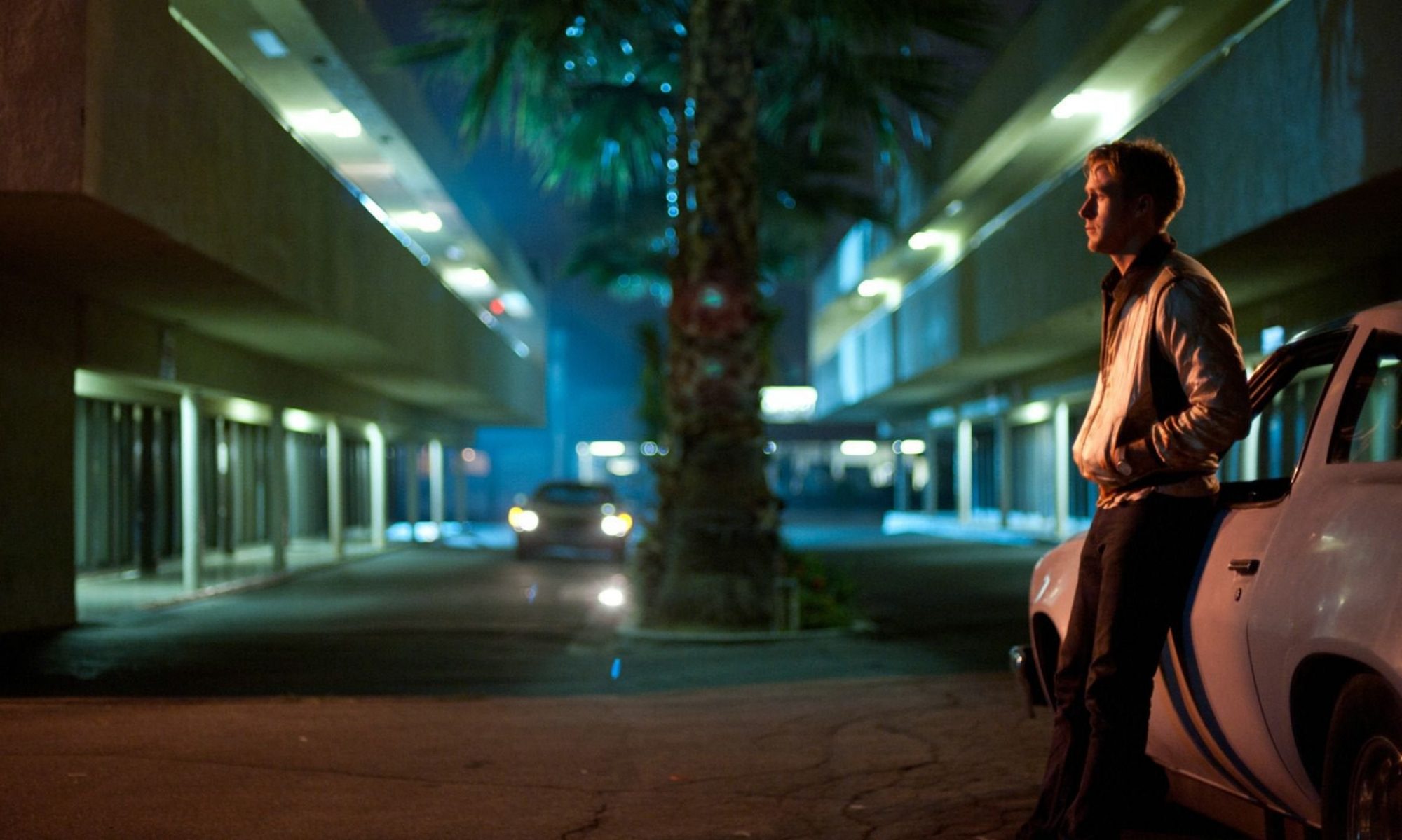There are many reasons why Breaking Bad has one of the finest endings in television. Walter dispatching the Nazis? Wonderful. Jesse taking out Todd via the same chains that enslaved him? Poetic. And those final images of Walter White just wouldn’t be the same if they weren’t accompanied by Badfinger’s ‘Baby Blue’, whose lyrics seem to tailor-made to fit the triumphant yet poignant tone of the denouement.
One of the most powerful images in the episode, however, takes place during a sudden flashback. Like its prequel Better Call Saul, Breaking Bad does some of its best work with ‘show don’t tell’ sequences’. Deserts, for example, wouldn’t inspire half the fear that they do without the camera’s silent, foreboding panning over the sparce environments, letting us know that some bad stuff’s about to go down, even if we might not know what that stuff is yet. In the case of the flashback sequence, as with many previous sequences, the viewer needs to do the work. We see a hand turning a wooden instrument as a calming, dreamlike song is complimented by unnatural, heavenly lighting. A blurred figure is shown working with the instrument, and the camera cuts to his hands working with wood to smooth surfaces, cut edges and hammer pieces into shape, before we finally see Jesse’s unblurred figure working diligently at the helm.
Eagle-eyed viewers will most likely connect these images with the story about a wooden box that Jesse relates back in season three episode 9, Kafkaesque, telling a group of addicts how he initially made a box with minimum effort. After encouragement from his teacher, he makes a far more sophisticated design, but ultimately ends up selling the box for meth.
Once Jesse has finished his creation, he stares at the box in admiration and smells the item as he closes his eyes, exhibiting a rare smile as he slowly turns around. The ambient music screeches to a cacophonic halt, however, just as this image cuts to the present, with an emaciated Jesse attached to a chain, now turning around and passively grasping it as he walks down a corridor and continues his enforced regime. The heavenly orange lighting has disappeared, replaced with the mundane greys of his prison. It’s a subtle put undeniably genius bit of editing, evoking nostalgia and calm with heightened stylisation before stripping away nondiegetic sound and replacing it with the cold realism of diegetic reality and depression. YEAH, BITCH. BOXES. MINIMALISM.
